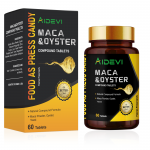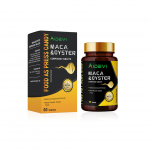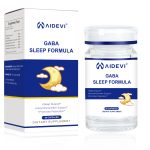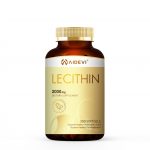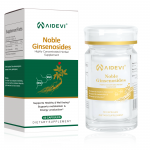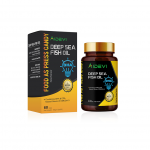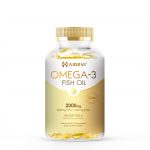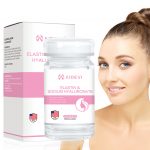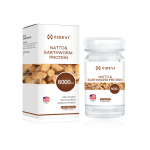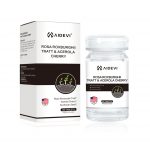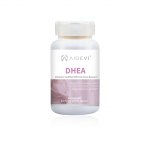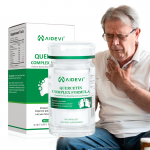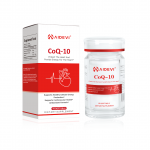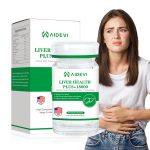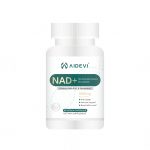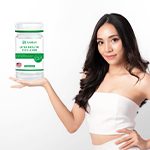Healthy Balanced Diet: No matter your age, it’s advisable to go easy on these types of foods
Eating is a big deal for us humans. For our health, treating our diet as a primary means of healing makes a lot of sense. The key is to keep our diet balanced, eat naturally, eat right, balance temperatures, match acidity, and use appropriate cooking methods – that's the core principle of a healthy diet.
But these days, our lifestyles often lead us to unbalanced diets, causing nutritional deficiencies. The problem is, many people lack the concept of balance. For example, some folks may end up with digestive issues because their diets are too refined and lacking in dietary fiber. Others may have a narrow mindset about food, leading to a diet that's too one-sided. For instance, people with a tendency to feel cold should opt for warmer foods – that makes sense. However, looking at food merely in terms of hot or cold is just one perspective; we also need to consider it from a nutritional standpoint. The number one rule for a healthy diet is to eat in a well-rounded, natural way. A holistic diet is the only way to get comprehensive nutrition. Natural eating is the best nutrition, and it comes from natural foods.
Fiber, aka whole grains:
Getting rid of toxins in the digestive system is essential. If you're not regular, your large intestine keeps absorbing toxins from your stool, further poisoning your body. This is especially crucial for seniors with declining digestive systems – they should be loading up on dietary fiber, like corn, oats, buckwheat, sorghum, sweet potatoes, regular potatoes, and legumes. Mix them up for even better results.
Next up is vitamins and minerals – think fruits and veggies:
Fruits and vegetables are packed with the good stuff. Vitamins help break down and digest food properly, a big deal for those with digestive issues. When your stomach and intestines aren't up to snuff, fruits and veggies, loaded with digestive enzymes, can pick up the slack. Vitamins and minerals act like metabolism cheerleaders, and deficiencies in these nutrients are what mess with the metabolism in the elderly. Throw in some vitamins and minerals, and nutrients can quickly renew, repair cells, and amp up bodily functions.
Protein, the lifeblood:
Protein is what keeps life ticking, and since your body can't store it, you've got to top up every day. So, choose top-notch protein from sources like meat, eggs, dairy, and then beans.

Daily diet tips – things to go easy on:
Don't go overboard with the salt:
Too much salt? You'll be thirsty all the time. To quench that thirst, you drink more, and that puts pressure on your heart and kidneys, leading to trouble. Too much salt can also hike up your blood pressure – the more sodium you take in, the more likely it is to shoot up.
Science tells us that too much salt not only messes with your body's calcium absorption but can also make your bones lose more calcium. Extra salt is a big deal for women, making osteoporosis, bone shrinkage, and fractures more likely. Experts say adults should stick to 5-8 grams of salt a day. To cut down, use less salt when cooking until you get to the normal amount your body needs. Also, throw in some spices like pepper, garlic, and chicken essence during cooking to jazz up your dishes. And if you're into bacon, make sure to give it a good wash – it's often loaded with salt for preservation, and rinsing it a few times before eating is a good idea.
Easy on the pickled veggies:
Convenient as they are, pickled veggies aren't meant for daily binging. Having them all the time doesn't just mean taking in too much salt but can also mess with your stomach cells, potentially leading to stomach cancer.
No raw soy sauce with veggies, please:
Soy sauce is made with cooked ingredients like soybeans and corn. Some people see soy sauce as cooked food and think it's okay to have it raw, often mixing it with veggies.
That's not a good habit because soy sauce is prone to bacteria during production. If something goes wrong in any step of the production, it can become a breeding ground for bacteria like dysentery and salmonella, and that's not great for your health.
To dodge the bacterial risk, it's best not to mix veggies with raw soy sauce. And if you really want soy sauce with your veggies, heat it up in a pan to kill any lurking bacteria at high temperatures.
Not too much soy sauce, either:
While making soy sauce, soybeans go through fermentation. During this process, some amino acids in soybeans turn into casein. Overdoing soy sauce can lead to casein in soy sauce reacting with nitrites in saliva, forming carcinogenic nitrosamines.





